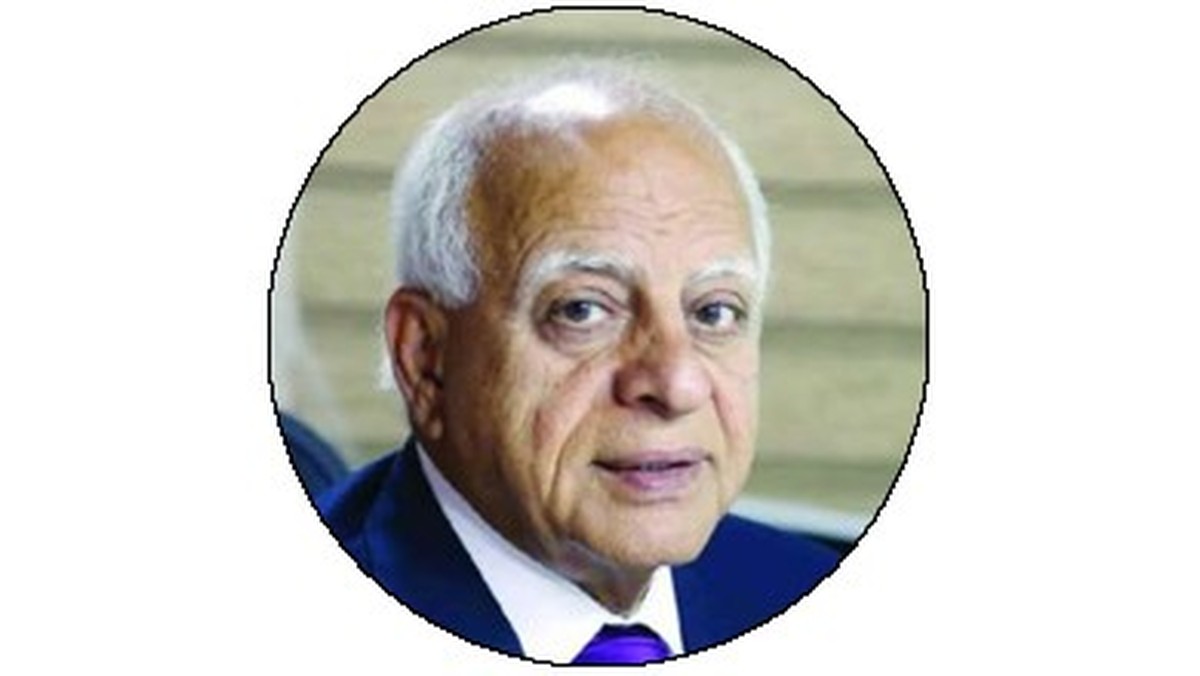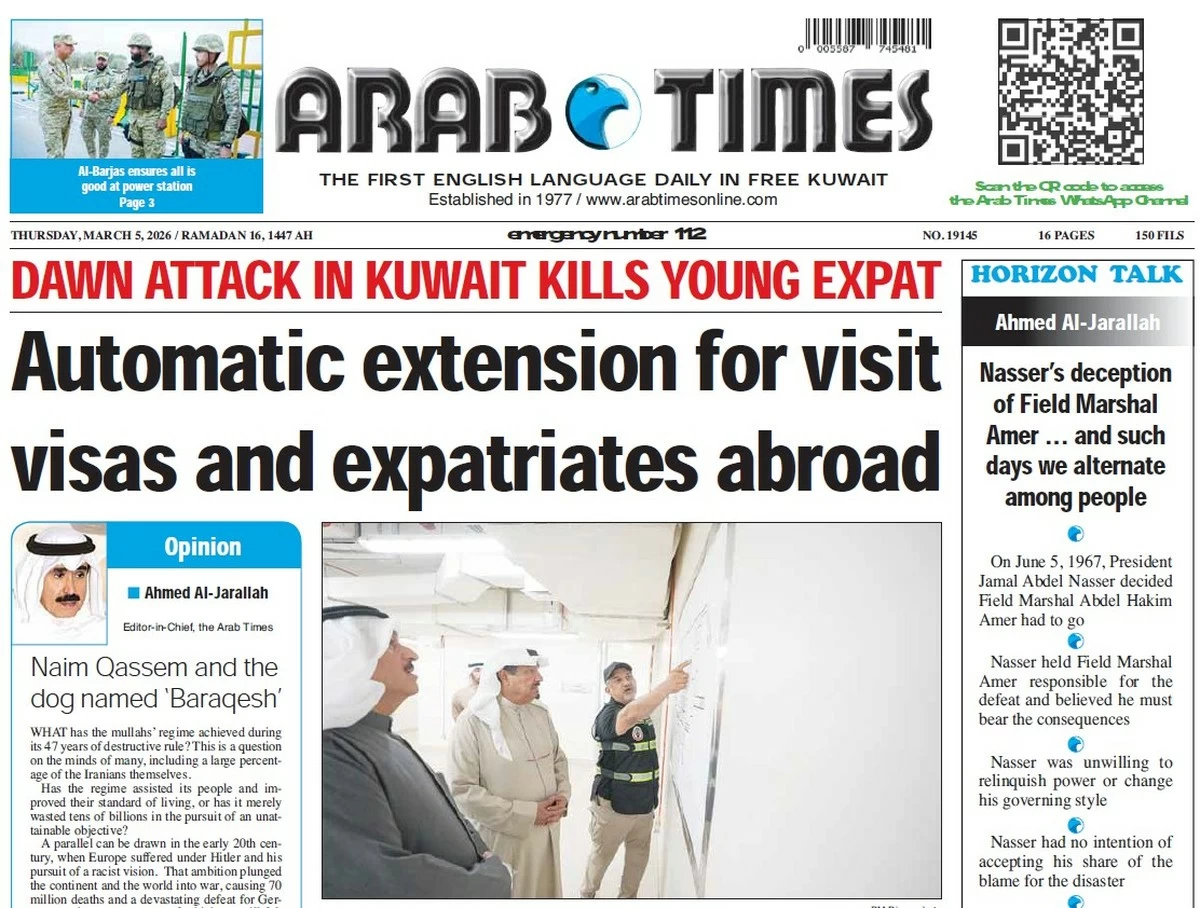01/11/2025
01/11/2025
I believe that nations are built by engineers, as in China, and minds are shaped by creative thinkers, as in the United States and other countries. However, the engineer or educator, who is the subject of this article, has failed to fulfill either role. At the start of this academic year, Minister of Education Engineer Jalal Al-Tabtabaei announced that he had assigned 150 education experts, even though I doubt we have that many, and most are unknown to the public, to develop the curriculum. He had only three or four months to complete what was essentially an impossible task.
The limited time frame resulted in new curricula that were “rare” rather than “well-crafted,” with noticeable shortcomings in content, quality, and timing. Parents and teachers are still waiting for the printing of the remaining new curriculum books, which contain a large number of political, technical, and linguistic errors, as well as typos that have sparked controversy and ridicule. In response, the minister met with teachers at the Kuwait Teachers’ Society and raised several points, some of which could alone justify his dismissal.
He noted, for example, that those who developed the curricula, not merely amended them, worked 17-hour days. This, in itself, is a serious concern. The objective should have been to create material that engages students’ minds, not simply to demand exhaustive work. It appears that these individuals were forced to work based on a decision that lacked logical planning. The minister surprised attendees at the meeting by claiming that an electronic transfer system for teachers was being developed by a “global company” free of charge. But who today provides such a service for free? What if serious social or financial errors arise from such a system? Would those offering it at no cost be held accountable? The minister also criticized any premature judgment or challenge to the curricula’s effectiveness before they had been tested.
In response, Professor Suad Al-Moajel posted a widely praised statement on social media - “Educational curricula are not subject to trial and error; they are the result of a cumulative evaluation process guided by academic and investigative principles.” Testing curricula is not like testing new medications, which are first tried on animals, then on volunteers, followed by a period of observation to monitor health effects and side effects. Trial and error cannot be applied to curricula or to educating young minds by simply overwhelming them with a mass of books and waiting to see the impact years later.
By then, it may be too late to correct any resulting damage. The minister refused to appoint individuals with a file in the psychiatric medicine hospital to supervisory positions, yet he did not bar them from working as teachers. It is important to note that not everyone with such a file is inherently unfit for employment in all capacities. In a move that reflects inexperience and contradicts his stated goals, the minister abolished the Education Development Center instead of revitalizing it. This decision reveals a lack of belief in the need for educational development. Due to space constraints and out of respect for the minister in question, this article will not delve into the minister’s highly inappropriate remarks regarding wives, cancer patients, individuals with psychiatric histories, or his predecessors.
In addition, his statement, “We want to return Kuwait to number one, regardless of anyone’s opinion,” was inappropriate and should not have been made by a Minister of Education in a public setting. I would like to remind the minister that quality education is not a wheel that needs to be reinvented. It is a system already in place in several leading countries, such as Singapore and Scandinavian nations like Sweden and Finland. All that is required is to learn from their experiences and adapt them to suit our local environment. As the Arabs say, “Cauterization is the last resort”… or perhaps dismissal from office.
By Ahmad alsarraf
email: [email protected]
email: [email protected]



